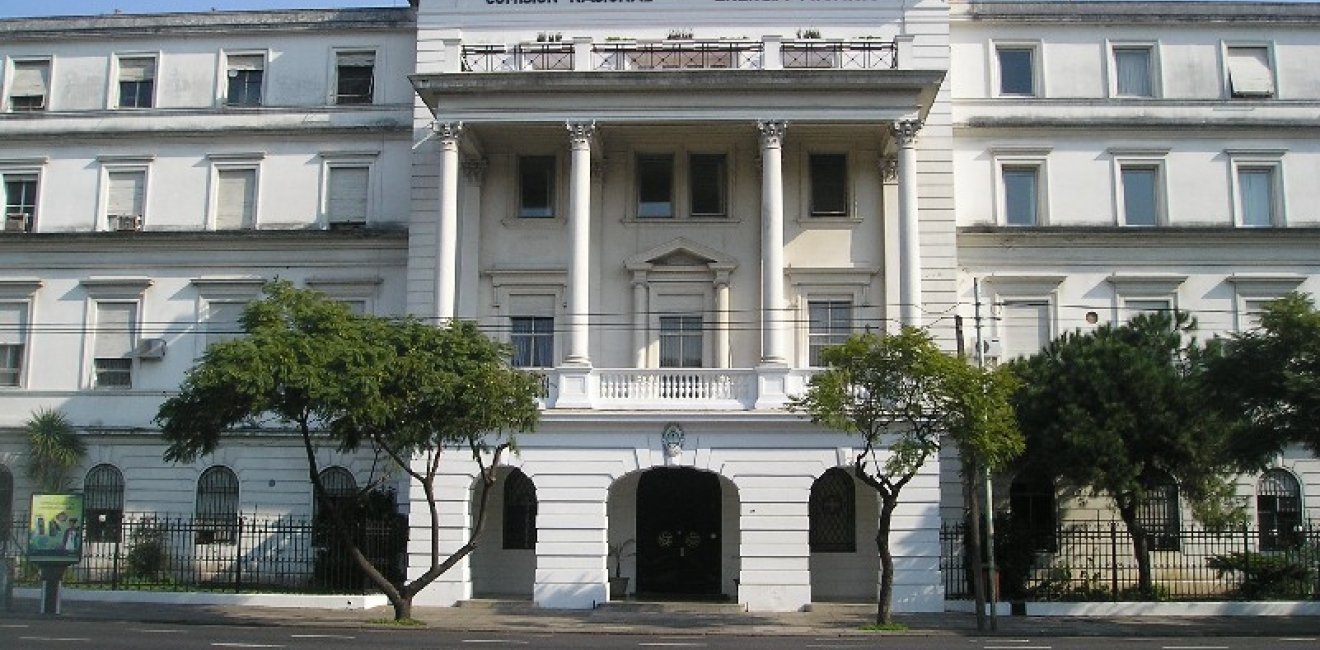New Research Updates on Brazil-China and Brazil-Argentina Nuclear Relations
NPIHP and the Fundacao Getulio Vargas are pleased to announce the publication of two new Research Updates on Brazil's nuclear cooperation with China and Argentina.
NPIHP and the Fundacao Getulio Vargas are pleased to announce the publication of two new Research Updates on Brazil's nuclear cooperation with China and Argentina.

NPIHP, along with Fundacao Getulio Vargas, is pleased to announce two new Research Updates on Brazilian nuclear history.
The first Research Update by author Rodrigo Mallea examines Brazil and Argentina in the early 1980s as both countries, ruled by military dictatorships, sought to make advancements in nuclear technology. Simultaneously, domestic political upheaval in the two countries was transforming the political landscape.
In the second Research Update published today, Dani K. Nedal explains nuclear cooperation between Brazil and the People's Republic of China as the former sought to gain mastery of the entire nuclear fuel cycle. This cooperation was worrysome to US officials, who saw this cooperation as a major proliferation risk.
This release is the most recent in a series of joint NPIHP-FGV document releases which have shed light upon such topics as the origins and evolution of Brazil's nuclear program from 1947-2011, US efforts to stall Brazilian nuclear development in the 1970s, the first attempt at Argentine-Brazilian nuclear cooperation, Brazil-South African nuclear relations and Brazil-Iraq nuclear relations.
Visit the Wilson Center's Digital Archive for more declassified and translated archival documents on Brazil's nuclear history.

The Nuclear Proliferation International History Project is a global network of individuals and institutions engaged in the study of international nuclear history through archival documents, oral history interviews, and other empirical sources. Read more


A leader in making key foreign policy records accessible and fostering informed scholarship, analysis, and discussion on international affairs, past and present. Read more
